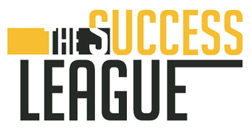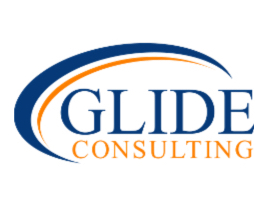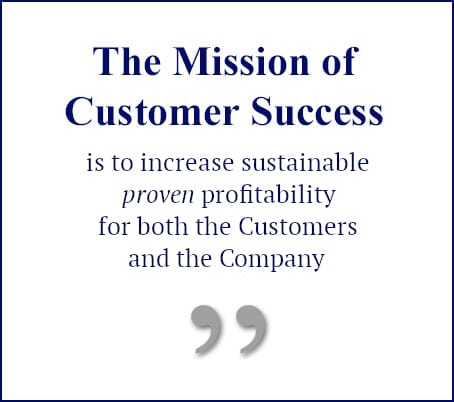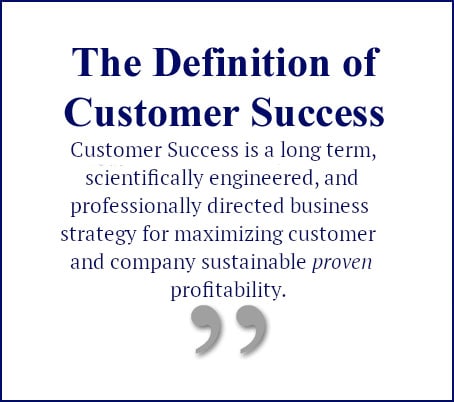There are a couple of perennial “hot buttons” in the worldwide profession of Customer Success. The first and by far the oldest is the question of commissions for customer success managers. As many a leader of a local CS meetup has found, discussions about commissioning CSMs can be entertainingly heated. While Customer Success professionals in general have always been curiously reluctant to talk about money, now there is a new touchy topic: whether or not to make customer success as a separately billable service.
There Ain’t No Such Thing as Free Customer Success
 The reality is that Customer Success was never free. The costs of providing the CS services have been silently bundled into the product fees all along. Even billing for customer success directly is not a new thing. It’s been an option offered for many years by a steadily growing range of companies. It may well be that the proliferation of the practice is spurring the growing debate about it. But it’s important to look beyond the knee-jerk reactions of “It doesn’t work, It’s not (true) Customer Success, The customers won’t buy it if they have the option to refuse, etc.,” to find what’s really at stake. Underneath the discomfort over billable CS, there is an older and far graver problem for the profession: the inability to conclusively demonstrate its worth to both customers and company in sound financial terms.
The reality is that Customer Success was never free. The costs of providing the CS services have been silently bundled into the product fees all along. Even billing for customer success directly is not a new thing. It’s been an option offered for many years by a steadily growing range of companies. It may well be that the proliferation of the practice is spurring the growing debate about it. But it’s important to look beyond the knee-jerk reactions of “It doesn’t work, It’s not (true) Customer Success, The customers won’t buy it if they have the option to refuse, etc.,” to find what’s really at stake. Underneath the discomfort over billable CS, there is an older and far graver problem for the profession: the inability to conclusively demonstrate its worth to both customers and company in sound financial terms.An Effective Foundation for Success
 The core problem with bundling the cost of Customer Success into the product fee is that neither the customer nor the company really knows exactly what services are being provided, what they actually cost and what financial value they produce to either party. As a result, we see silent customers that won’t respond to input from their vendors’ CSMs and “failed” customer success groups. We can, and must, do better than this.
The core problem with bundling the cost of Customer Success into the product fee is that neither the customer nor the company really knows exactly what services are being provided, what they actually cost and what financial value they produce to either party. As a result, we see silent customers that won’t respond to input from their vendors’ CSMs and “failed” customer success groups. We can, and must, do better than this..
Regardless of whether or not your company ever actually deploys separate billing for customer success services, you need to do the work to develop the capability. That means doing a full value and pricing analysis so that you know precisely what the customers want and need, what it will cost your company to deliver that product, and what the profit will be. With all of that data in hand, you then can make the strategic decision of whether you want to actually bill your customers for a success product or to continue with the bundling of it.
.
The detailed careful analysis of service activities will also enable other strategic decisions to be made effectively. Which customer success activities require human delivery, and which can be automated? The ultimate goal of Customer Success as a profession is to increase sustainable proven value for both the customers and the company. Choosing and implementing the appropriate tactics to attain that goal requires precise knowledge about the effects and costs of those tactics.
The Value Metric: Money
 The SaaS model has a range of additional income streams, and companies are increasingly realizing how strategically important those additional streams can be. Charging for Professional Services/OnBoarding is rapidly growing in popularity, as is fee-based Training. Companies have long been selling premium Customer Support services, although the Support group never seems to get any credit for the substantial profits that stream can produce. Now that most Customer Success organizations include the Professional Services, Training and Support components, it’s time to measure and manage the whole for what it should be, a separate P&L unit. Over 80% of respondents to the annual Customer Success Standards Research in 2019 currently report either direct or shared connections to revenue streams. Yet less than 10% say that they are considered as a profit center. This is another indication of uncertainty over the real financial value of customer success to the company.
The SaaS model has a range of additional income streams, and companies are increasingly realizing how strategically important those additional streams can be. Charging for Professional Services/OnBoarding is rapidly growing in popularity, as is fee-based Training. Companies have long been selling premium Customer Support services, although the Support group never seems to get any credit for the substantial profits that stream can produce. Now that most Customer Success organizations include the Professional Services, Training and Support components, it’s time to measure and manage the whole for what it should be, a separate P&L unit. Over 80% of respondents to the annual Customer Success Standards Research in 2019 currently report either direct or shared connections to revenue streams. Yet less than 10% say that they are considered as a profit center. This is another indication of uncertainty over the real financial value of customer success to the company..
As a profession, we need to lose our reluctance about discussing value in monetary terms. Yes, it is difficult to precisely determine ROI for customer success activities just as it is for software functionality. But we need to press through that assumed barrier. Customer Success is a long-term, scientifically designed and professionally directed business strategy for maximizing customer and company sustainable proven value. Without clear connection to money, it isn’t a science and the value isn’t proven.
..
Recommended Reading:
The Case for Premium Customer Success
The Monetization of Customer Success
Customer Success and Value Provability









